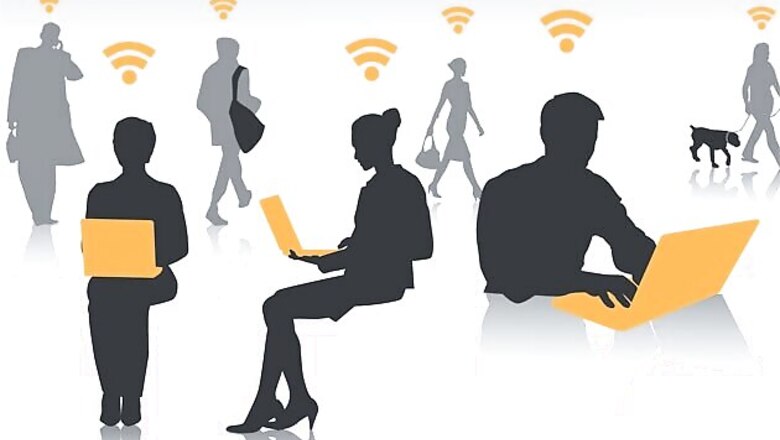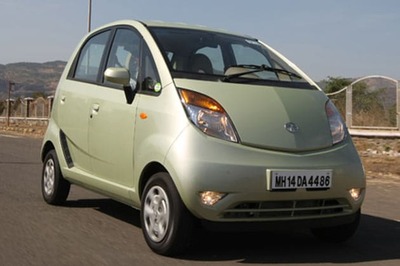
views
New Delhi: At a time when the country is launching another round of spectrum auctions in February and telecom operators are vying for allocations, global telecom infrastructure provider UTStarcom is confident that India's top 20 cities will be fully WiFi enabled by the end of 2015.
"WiFi will compliment data offload applications, which is something that all operators are implementing worldwide. India also has started (on this). By the end of 2015, WiFi will be a reality in India. It will be there in top 20 cities in India, full coverage," Rahul Pandey, director - sales (SAARC Countries) at UTStarcom, told IANS.
WiFi is the popular term for a high-frequency wireless local area network technology.
UTStarcom, with its operation headquarters in Hong Kong, recorded a $160 million turnover in 2013, with India being the second highest market after Japan. The company has been present in India since 2000 and has worked extensively with private and public players in deploying telecom infrastructure.
"After 2G, everyone (operators) came to 3G and paid for spectrum. There will be a stage they will be running out of spectrum to expand. So, that is the time, typically, when WiFi comes in," UTStarcom chief executive officer William Wong told IANS.
"When WiFi comes in, the cost of carrying data will be around one-tenth. If they want to offload the traffic on 3G or 4G and move it to WiFi, the operating expenses will be dramatically reduced. That's what exactly we see in Japan," he added.
The company is working with a host of operators and they are bullish and determined on WiFi connectivity. "They will be doing in phased manner. Some of them have started in trail phase," Pandey said, declining to name the operators.
The company met Telecom Secretary Rakesh Garg in September 2014. Communications and IT Minister Ravi Shankar Prasad went to Japan after Prime Minister Narendra Modi's visit. Prasad inspected the UTStarcom deployment there.
"We have deployed more than 500,000 hotspots (WiFi area), which means 1.5 million access points. The telecom secretary showed interest to replicate it in India," Pandey said.
The Indian government is extremely keen on speedy rollout of WiFi services in the country.
"No policy problems. We have met all the telecom operators and they are finalising their budgets for WiFi. The company is ready for deployment. We have expertise available. So it's not a challenge for us," Pandey added.
The company is focussing on the government's National Optical Fibre Network (NOFN) that will help it to deploy WiFi in rural areas. NOFN is set to link 600 million rural citizens of India across 250,000 gram panchayats spread over 6,600 blocks and 631 districts through a broadband optical fibre network.
"We talk about affordable connectivity. By affordable connectivity, we are looking at things like what the country is already doing in 4G deployment. There is lack of spectrum. One of the quickest ways to reach high percentage of deployment would be the adoption of WiFi," Wong said.
"We did half a million in Japan in half a year. With NOFN on schedule, we could be coupling hand in hand with NOFN deployment. The minute NOFN deployment is done we can connect places with WiFi," he added.
Wong said UTStarcom's platform supports a very dense number of hotspots. One controller can manage up to 120,000 hotspots.
"Now we are looking at the government for acceleration in deployment in both public and private sectors. The Modi government is active in connecting not just the Metros but also rural areas. So, I believe they are taking the right steps. So India can catch up on the global stage," Shalin Shah, general manager, India operations, UTStarcom, told IANS.



















Comments
0 comment